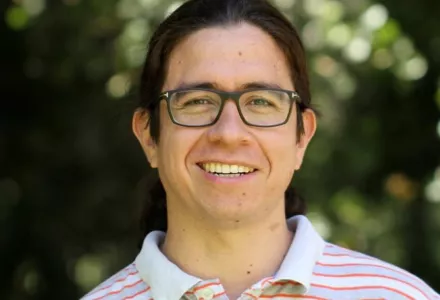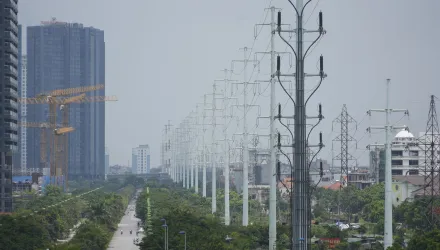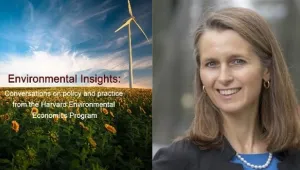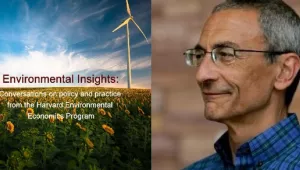Energy Policy Seminar: Juan Moreno-Cruz on "The Role of Solar Geoengineering in Climate Policy"
Join us for an Energy Policy Seminar featuring Juan Moreno-Cruz, Associate Professor in the School of Environment, Enterprise and Development and the Canada Research Chair in Energy Transitions at the University of Waterloo. Dr. Moreno-Cruz will discuss "The Role of Solar Geoengineering in Climate Policy." The seminar will be hosted by HKS Professor Joe Aldy.
Attendance: This event is open to the public and hosted on Zoom. For those who cannot attend live, the seminar will be recorded and available to watch below.
Registration: Please RSVP at the link below. Registration will remain open until the event begins.




